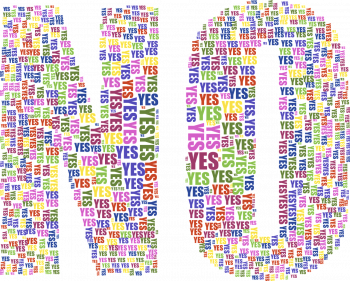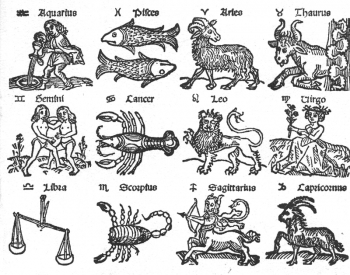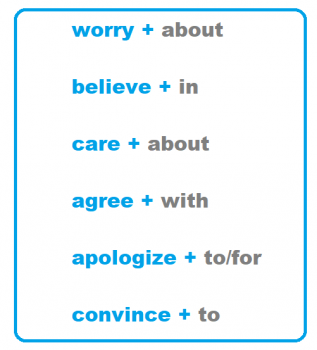Archive for 'English Language'
Basic English: Positively Negative Posted by Gary Locke on Oct 11, 2018

Some of the most common words in English are negatives. These words express the opposite of a positive statement. There are a lot of them. However, this is English after all, so not all negatives fit into the same grammatical category. Let’s take a little time to clarify which part of speech these negatives belong…
Old Dictionary, New Words Posted by Gary Locke on Sep 6, 2018

As you know, the English language is an evolving, ever-changing construct. The words we speak and write can change in meaning, become forgotten, or morph into something quite different. This is one of the reasons that language, and linguistics, is such a challenging discipline. Merriam-Webster Dictionary, one of the leading resources for English in the…
The star signs in English Posted by carol on Aug 31, 2018

Hello, my dear readers! How are you feeling today? Are you in a good mood or in a bad mood? How have things been working out for you this friday? And do you think the position of the planets have anything to do with that? Some people are really into talking about star signs. Whether…
What Color is That? Posted by Gary Locke on Aug 30, 2018

“Colors, like features, follow the changes of the emotions.” Pablo Picasso How do you describe colors? The sky is blue, but so is the ocean. They aren’t the same color, are they? And the sky and ocean aren’t always the same color all the time. How, then, do you distinguish one shade of a color…
What is a Tag Question? Posted by Gary Locke on Aug 16, 2018

Sometimes we answer a question with another question or ask a question that can only have one answer. It is very common in English conversations, and can be deceptively tricky in some situations. We call it the tag question. A tag question is a grammatical structure in which a declarative statement is altered by use of an added interrogative (the…
Verbs and their prepositions in English Posted by carol on Jul 31, 2018

Hey guys! Are you doing okay these days? As in many languages, some verbs in English require a specific preposition to come up after the verb in a sentence in a certain context. But there is no need for alarm, you do not have to memorize any of them. All you have to do is…
How Can One be Many? Posted by Gary Locke on Jul 26, 2018

In English, some nouns can be both singular and plural. Yes, I know, that sounds like an impossible contradiction. But, this is English after all, and English is full of such maddening things. In fact, to add to the confusion there are several types of these nouns! There are irregular, non-changing nouns, which have the…


